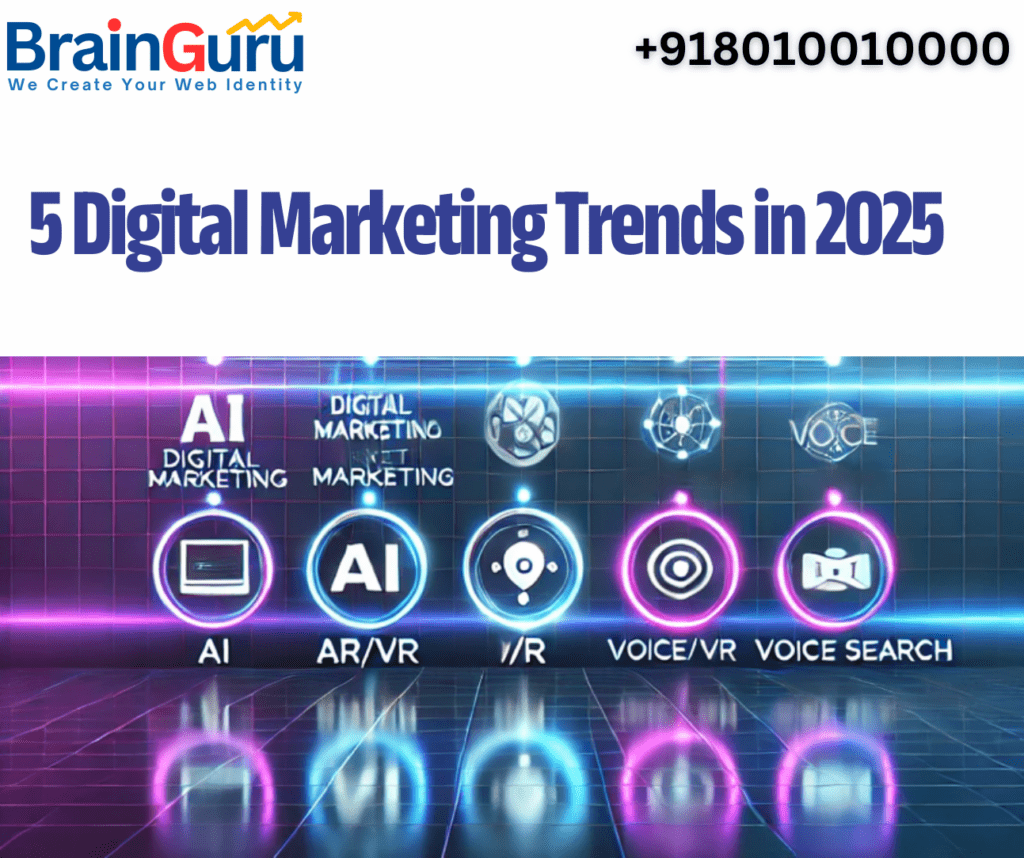In the fast-evolving digital economy, digital marketing services have become a driving force in helping businesses of all sizes grow, reach new customers, and maintain a competitive edge. From startups to established companies, these techniques are essential for amplifying brand recognition, increasing revenue, and sustaining customer engagement.
This comprehensive guide will walk you through what digital marketing services involve, how they can benefit your business, keyword integration tips for maximum online impact, and how to structure your content for search engine optimization (SEO).
What Are Digital Marketing Services?
“Digital marketing services” is an umbrella term for strategies and techniques used to promote businesses online, attract and engage customers, and generate measurable results. These services typically include:
- Search Engine Optimization (SEO)
- Content Marketing
- Pay-Per-Click (PPC) Advertising
- Social Media Marketing
- Email Marketing
- Influencer and Affiliate Marketing
By leveraging these tools effectively, businesses can create a cohesive and powerful online presence.
The Core Pillars of Digital Marketing
Search Engine Optimization (SEO)
SEO is one of the most impactful digital marketing services. It boosts your website’s visibility on major search engines, increasing organic (free) traffic and establishing your brand as a credible authority in your industry.
Key SEO practices:
- Optimizing website structure, speed, and mobile responsiveness
- Conducting keyword research and seamless keyword integration
- Crafting engaging SEO titles and meta descriptions
- Building high-quality backlinks
Implementing robust SEO can help your business achieve higher rankings, drive consistent website traffic, and reduce reliance on paid promotion.
Content Marketing
Content marketing involves creating valuable and relevant content—such as blog posts, videos, case studies, and whitepapers—to attract, educate, and nurture your audience. It keeps your website fresh and draws in organic visitors searching for solutions.
Pay-Per-Click (PPC) Advertising
PPC campaigns through platforms like Google Ads and social media deliver targeted advertisements to users actively searching for your products and services. This strategy is perfect for achieving quick visibility and generating quality leads.
Active engagement on platforms like Facebook, Instagram, and LinkedIn helps build brand loyalty and foster meaningful relationships with your target audience. Consistent posting, customer interaction, and trend monitoring drive both awareness and conversions.
Email Marketing
Email marketing remains a powerful channel for nurturing leads and existing customers. Personalized newsletters, promotions, and drip campaigns keep your audience engaged, informed, and more likely to convert.
The Transformative Impact of Digital Marketing on Your Business
- Amplified Online Visibility
Digital marketing ensures your business gets discovered online. By improving search rankings and maintaining an active social media presence, you reach more customers and stand out in crowded markets.
- Enhanced Brand Authority & Trust
Consistent messaging and valuable content across multiple channels position your business as an industry leader. The more visible and reliable you are online, the more trust you build among consumers.
- Increased Sales & Revenue
Data-driven digital marketing targets audiences who are most likely to engage with your brand, resulting in higher conversion rates and increased revenue.
- Valuable Customer Insights
Digital marketing platforms provide insightful data on customer behaviors and preferences. By analyzing this information, you can adjust strategies to better meet your audience’s needs and improve ROI.
- Scalability and Measurability
Unlike many traditional marketing methods, digital marketing services offer real-time tracking and analytics. You can scale your campaigns up or down based on what works, optimizing investments and maximizing results.
Practical Keyword Integration for SEO
For digital marketing and SEO to work effectively, keyword integration is crucial:
- Use your primary keywords in the SEO title, meta description, H1, and H2/H3 headings.
- Sprinkle target keywords naturally in the introduction, main body, and conclusion.
- Utilize keyword variations to increase topical relevance.
- Focus on both short-tail and long-tail keywords for broad and niche targeting.
- Never overuse keywords—maintain a natural, reader-friendly flow.
Examples of valuable keywords for this topic:
digital marketing services, impact of digital marketing, SEO for businesses, increase website traffic, online presence, brand visibility.
Crafting SEO Titles and Meta Descriptions That Convert
- Keep your title within 50–60 characters and meta descriptions under 160 characters.
- Place the most important keyword at the beginning.
- Create a compelling, unique message that differentiates your business.
- Include a value-driven call to action to encourage click-throughs.
Maximizing Your Website with Internal Linking
Internal linking helps improve your website structure, keeps visitors engaged, and boosts SEO by distributing authority across your pages. You can:
- Link to your own blog posts about specific services, like SEO or social media marketing.
- Create links from your digital marketing service pages to your case studies or testimonials section.
- Direct visitors to your contact page or inquiry forms.
- Encourage them to read more with related articles, such as “Top 10 SEO Tricks for 2025”.
This strategy increases page views, reduces bounce rates, and makes your site more user-friendly.
Real-Life Example: Local Business Transformation
Consider a small retail business that adopted digital marketing services. By optimizing their website for SEO, launching targeted social media campaigns, and using email promotions, they quickly noticed:
- A surge in website visits
- More in-store and online sales
- Increased engagement with both new and existing customers
- Higher rankings for local search terms
Such results show how digital marketing can transform business performance in a short period.
Steps to Get Started with Digital Marketing
- Audit Your Current Online Presence: Use analytics tools to identify strengths and weaknesses.
- Identify Your Audience: Understand who you want to reach.
- Set Clear Goals: Decide whether you aim to increase traffic, leads, or sales.
- Select Key Services: Start with essentials, such as SEO and social media management.
- Evaluate and Tweak: Track your metrics, evaluate results, and adjust your strategies for ongoing improvement.
Conclusion
Digital marketing services have become essential for businesses seeking to grow and maintain their competitive advantage in 2025. With the right mix of SEO, content marketing, targeted advertising, and a strong social media presence, any business can expand its reach, build strong relationships, and boost sales.


